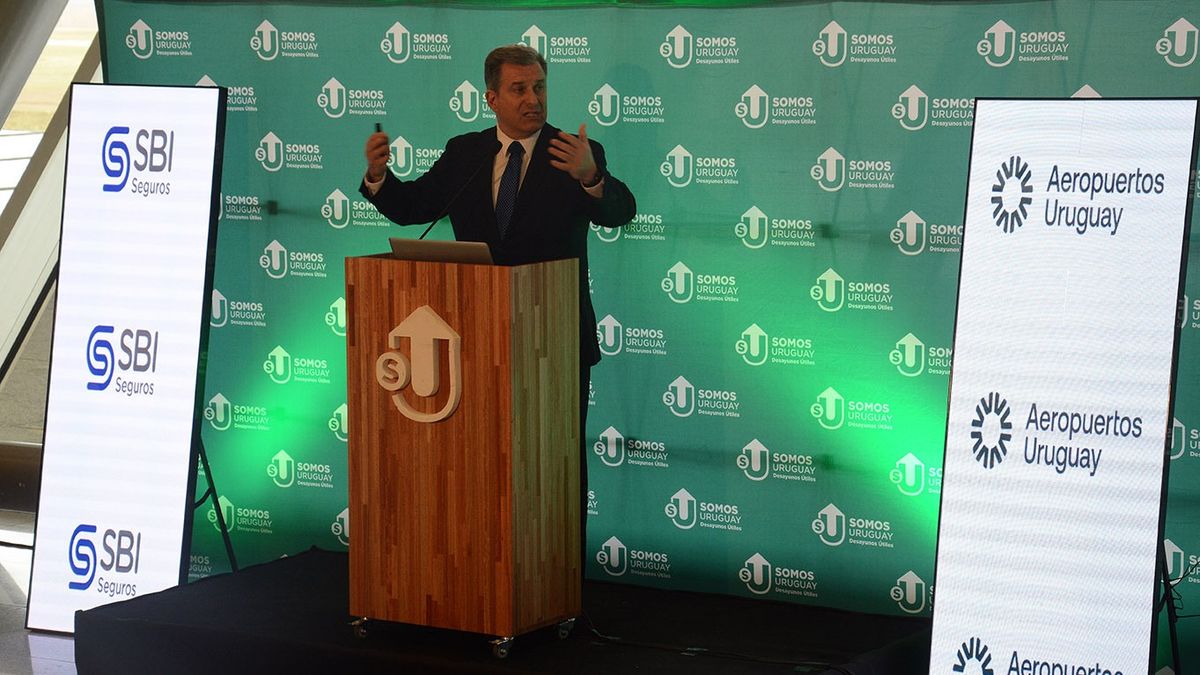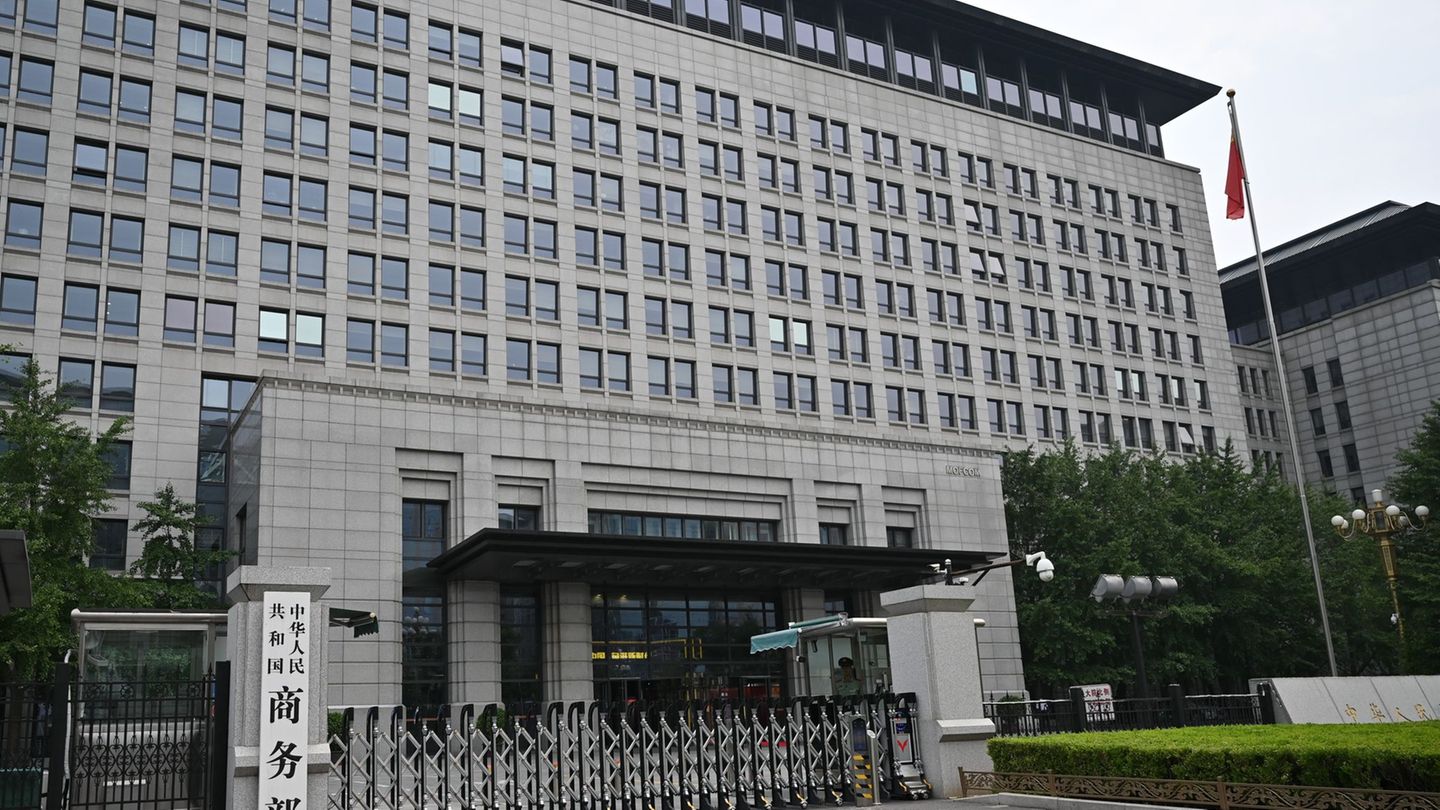He President of Ancap, Alejandro Stipanicic, spoke about the energy transition plan of Uruguay and stressed that decarbonization must take place in a “realistic” framework, which contemplates “a long process of time.”
stipanicic analyzed the situation of the global market for the production of energy and highlighted in statements during a meeting organized by Somos Uruguay that while action is taken to develop new green energies, “traditional production, based on fossil fuels, continues to be necessary, and the only one that can provide immediate solutions to countries who need it.”
On this point, the president of ancap He highlighted that Irena, the international renewable energy agency, “proposes six routes to reach carbon neutrality” and conceded that “half is given by the incorporation of renewable energies and by the efficient use of energy”.
However, he put the focus on the remaining half. Regarding this percentage, he indicated that “there is 20% that has to do with electrification, 10% with the incorporation of hydrogen as an energy vector, 6% in the capture of CO2 that fossil fuels emit into the atmosphere and the remaining 14% by new forms of fuels”.
production and demand
The hierarch admitted that “production is essential,” but admitted “We forget that the most important factor for consumption is demand.” In fact, he specified that 80% of the world’s population lives in countries that import energy in general and it is not good to say that the opportunities for generating electricity are being taken advantage of. renewable energy in those countries”.
“However, in a scenario that is becoming positive, which is progressively incorporating renewable energies, we are all enthusiastic, but not lacking in concern,” he warned and stated: “In fact, the world’s ability to reach decarbonization targets.
Echoing the last encounter waxweek (the largest world energy conference that brings together the main companies in the sector), Stipanicic stated that “the concept that was repeated the most was ‘Be careful! You have to carbonize before decarbonizing.’ It basically means that you have to reach out to those who don’t have it with energy before talking about it being clean”.
Stipanicic called for “a realistic transition” and highlighted the role of Ancap
In turn, he called for “talking about a realistic transition” and highlighted the role of the state company. “That’s where in ancap we are filled with pride, because in 2021 we imposed the concept of ‘responsible transition’, when we saw that, in this madness, this transition fashion, we were going very quickly towards the things that are to come”.
On this point, he countered: “The transition involves a long process of time, from an initial state to a final state that none of us knows what it is, and in the meantime you have to continue supplying energy. Therefore, we in ancap we have to have a balanced offer and the best available energy”.
“We have to start with what we are giving today, which is fossil fuel. This is what is seen in international conferences, where the world first of all has to produce new energies to replace the previous ones. That is, an orderly transition, ”he completed.
Observations on fossil energy
stipanicic He then referred to “the concepts of responsible, orderly and fair”, but put a brake on optimism with data. “Twenty years ago, the primary energy matrix was powered by 80% products of fossil origin… the same as in 2019,” he analyzed and observed that “the incorporation of renewables in these two decades has basically replaced atomic energy.”
And he compared: “In 2022, energy of fossil origin was 82% of the total in the world. And that in recent years everything has happened in terms of renewables. Natural gas continues to grow, both in regasification and liquefaction, and investment in oil resumes levels Covid pre-pandemic”.
The hierarch assured that “the problem is that there are almost 1,000 million people in the world who do not have access to energy” and maintained that “there is an ethical question there.” As an example, he cited a comment from a Rwandan official: “It’s all good with clean air, but not from the dark.” Thus, he made it clear that “this is happening because the world needs energy now.”
Source: Ambito




